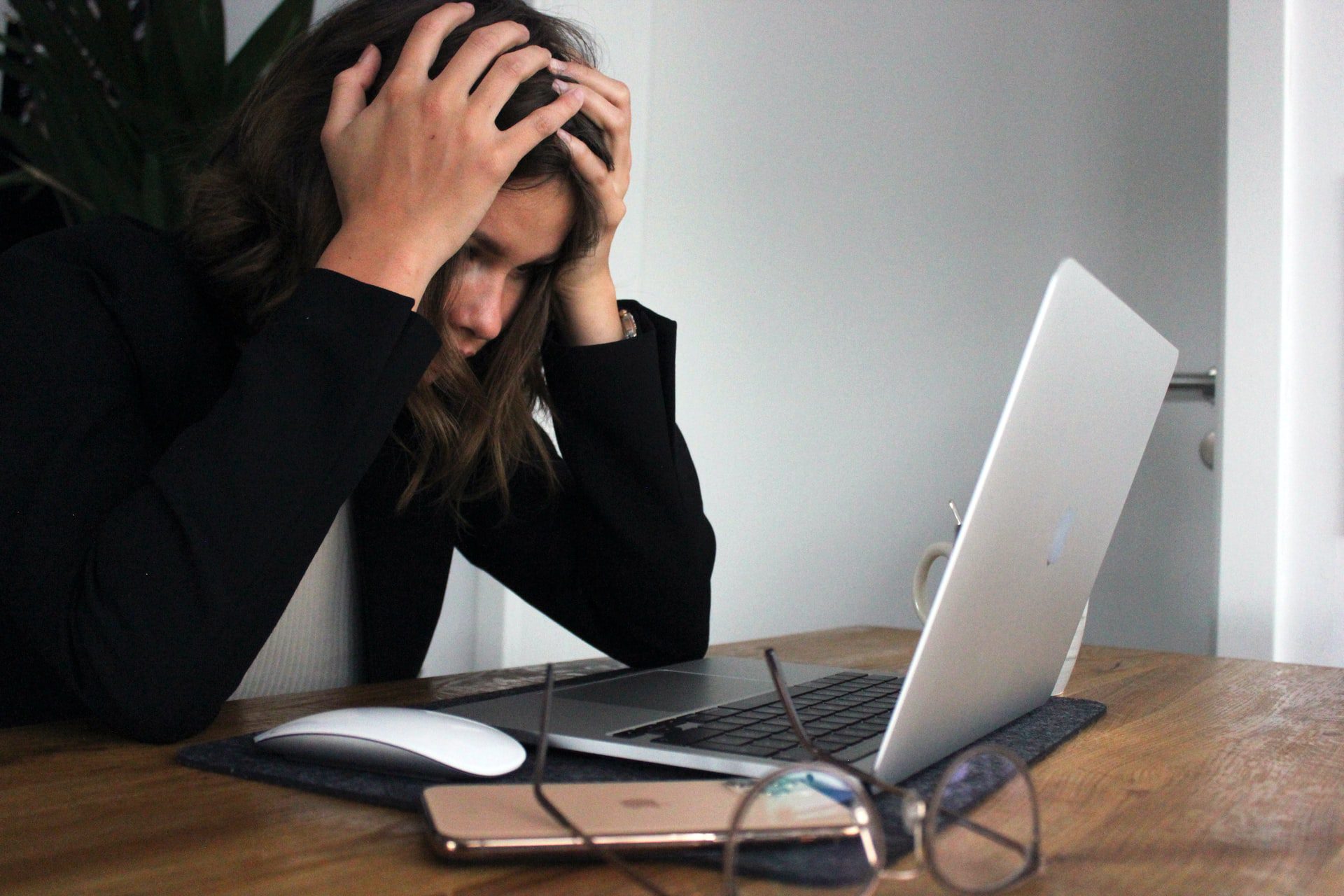
Due to the pandemic, women continue to find themselves in a financially worse position.
New research from wealth manager Quilter has found that 22% of women said they were in a worse position financially than last year.
By comparison, only 18% of men believe they are worse off than a year ago.
Men were also more likely to be financially resilient to any further lockdown measures.
22% of men said they were in a better position financially than last year, with their current finances and income giving them the resilience to cope with another lockdown.
Read more about the gender pension gap.
Only 15% of women felt the same.
Women appear to be impacted to a greater extent than men by the current levels of uncertainty around the Omicron variant and rising price inflation.
33% said they could not save any money in December, despite socialising less than usual due to Covid fears. Only 25% of men reported the same.
A study carried out by the Institute for Fiscal Studies (IFS) in 2020 found that women were around one-third more likely than men to work in sectors forced by lockdown measures.
Further research by Kantar in 2021 found that 46% of women and 50% of men saved more than usual during the pandemic. However, the average amount saved by women was around half that saved by men, at £2,628 and £5,335 respectively.
Heather Owen, financial advice expert at Quilter, commented:
“The Covid crisis has had a devastating impact on gender equality in terms of our personal finances. Women often work in sectors vulnerable to lockdowns or are responsible for the provision of care, meaning they have been exposed to a greater extent to the negative effects of the pandemic than men.
“Our research shows that nearly two years on from the start of the pandemic, women remain less confident than men when it comes to money and their financial prospects. It remains a worry that women are saving less and feel more vulnerable.
“As we emerge from the pandemic the government needs to be doing more to ensure women can get their careers back on track and in turn fully engage with their personal finances. Things are changing in the world of savings and investments, but we cannot let the pandemic put a halt to the progress made so far. It is important women are empowered to make financial decisions and that access to advice, products and services is made as inclusive as possible.”
